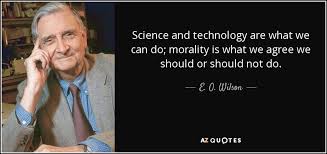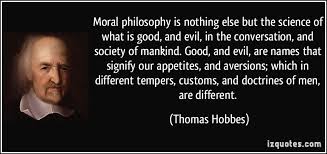



 NEXT
NEXT
 BACK
BACK
 Forum
Forum


Philosophical musings on Quanta & Qualia; Materialism & Spiritualism; Science & Religion; Pragmatism & Idealism, etc.




How Science and Reason Lead Humanity Toward Truth, Justice, and Freedom
Post 46. July 12, 2018
Rational Moral Progress
The Moral Arc curves upward
Like Steven Pinker, in the Better Angels of Our Nature, Shermer thinks that too many people are pessimistic about the notion of moral progress in humanity, and about the prospects for the future of civilization. One indicator of that dark mood is the pounding waves of post-
He quotes Martin Luther King in the prologue : “the arc of the moral universe is long, but it bends toward justice”. That optimism was expressed in the middle of a chaotic civil rights struggle, and not long before he was assassinated. Even though King was buoyed by his faith in God's power to overcome obstacles, Shermer has more faith in human reason. “I argue that most of the moral development of the past several centuries has been the result of secular not religious forces.” Then, “As Steven Pinker wrote in The Better Angels of Our Nature, a work of breathtaking erudition that was one of the inspirations for this book.” Pinker said, “we have been doing something right and it would be good to know what exactly it is.” So Shermer's book parallels Pinker's, but with emphasis on the emerging scientific evidence for how we make moral judgments, instead of compiling evidence that morality has indeed improved since the secular Enlightenment.
Shermer defines morality “in terms of intentions and actions that are right or wrong with regard to another moral agent.” Then he defines moral agents in terms of sentience : “emotive, percep-
Post 46 continued . . . click Next






Michael Shermer :
The Moral Arc
https://michaelshermer.com/